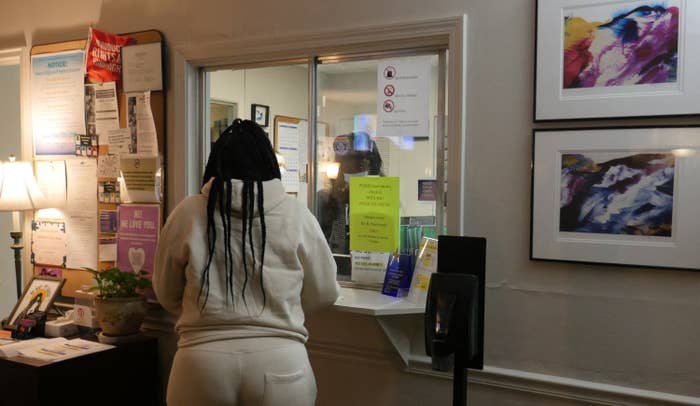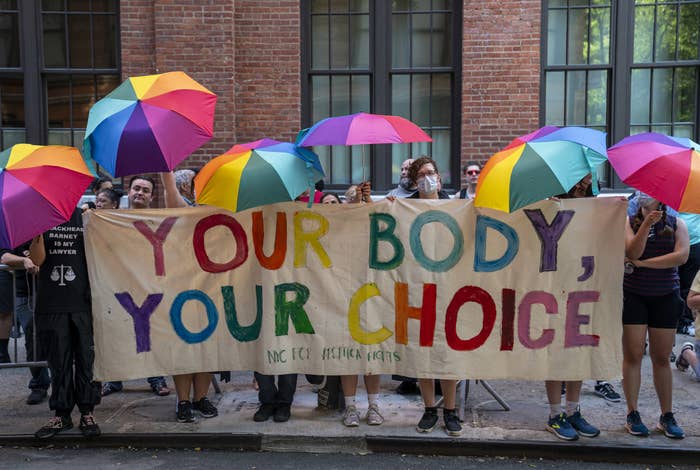
The federal government sued an Idaho-based company that collects and sells geolocation information for hundreds of millions of mobile devices, saying that the data can be used to track people seeking or providing abortions.
In a complaint filed Monday in US District Court, the Federal Trade Commission said Kochava Inc.'s data can show mobile device users' visits to abortion clinics, places of worship, homeless and domestic violence shelters, and other sensitive locations. According to the complaint, the agency was able to identify a mobile device that visited a reproductive health clinic and then trace that same device back to a single-family home in the data broker's free, publicly available data sample.
The lawsuit alleges that the data sold by the company could then be used to identify the owners of the mobile devices it tracks, given the comprehensive geolocation information it gathers. The agency is seeking a permanent injunction to stop Kochava from selling the data and require it to delete the geolocation information it has already collected. Under the federal law prohibiting unfair business practices, sensitive consumer data must be protected.
“Where consumers seek out health care, receive counseling, or celebrate their faith is private information that shouldn’t be sold to the highest bidder,” Samuel Levine, director of the FTC’s Bureau of Consumer Protection, said in a statement. “The FTC is taking Kochava to court to protect people’s privacy and halt the sale of their sensitive geolocation information.”

In a statement, Brian Cox, general manager of Kochava Collective, the company's data marketplace, accused the agency of perpetuating "misinformation" about data privacy and said the company operates in compliance with all privacy laws and other regulations.
"This lawsuit shows the unfortunate reality that the FTC has a fundamental misunderstanding of Kochava’s data marketplace business and other data businesses," Cox said.
Cox said the company has already taken steps to remove sensitive location data from its marketplace and is "constantly monitoring and proactively adjusting" its technology "to block geo data from other sensitive locations."
He noted that Kochava sources its data from third parties and said the information is collected from "consenting consumers."
"For the past several weeks, Kochava has worked to educate the FTC on the role of data, the process by which it is collected and the way it is used in digital advertising," Cox said. "Real progress to improve data privacy for consumers will not be reached through flamboyant press releases and frivolous litigation."
The lawsuit comes roughly two months after the Supreme Court struck down Roe v. Wade, the landmark 1973 decision that legalized abortion nationwide, allowing states to completely outlaw — and criminalize — the medical procedure. Since then, officials in more than a dozen states have moved swiftly to eliminate or severely restrict access to care.
In a post-Roe world, location information and other data on smartphones could be used against people seeking abortions. People waiting for appointments at Planned Parenthood have been served with anti-abortion propaganda that was geotargeted to their specific location in the past. Data brokers like SafeGraph have also collected and sold information about the identities of people who have visited abortion clinics.
In the complaint, the FTC argued that consumers are typically unaware of who has access to their location data and how it is being used, pointing out that once it is collected, the information "can be sold multiple times to companies that consumers have never heard of and never interacted with."
"Consumers have no insight into how this data is used – they do not, for example, typically know or understand that the information collected about them can be used to track and map their past movements and that inferences about them and their behaviors will be drawn from this information," the complaint said.
